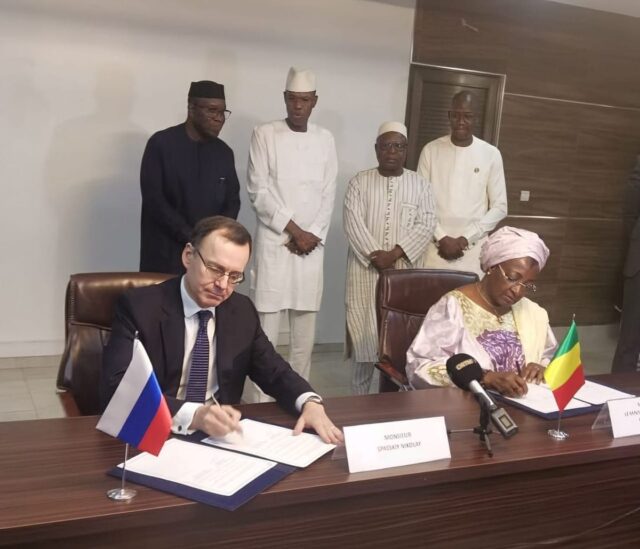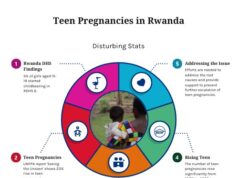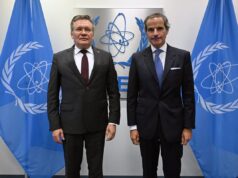
A meeting was held between the President of the transition period of the Republic of Mali, Assimi Goïta and Rosatom on the prospects of nuclear energy development.
Nuclear energy is becoming a key element of the energy strategy for Africa, where cooperation between regional and global nuclear organisations is strengthening noticeably. The evidence of this growing cooperation is active participation of nuclear energy corporations’ representatives and various African delegations in important business events.
A meeting took place between the President of the Transition Period of the Republic of Mali, Assimi Goïta and Rosatom State Corporation on July 2-3, 2024. Nikolay Spassky, the Deputy Director General for International Relations, informed the President in detail about the progress of the main cooperation projects being implemented in the Republic through the organisation.
The ministerial delegation of the Republic of Mali led by the Minister of Economy and Finance Alousséni Sanou held detailed negotiations. In particular, projects in the fields of solar generation and geological exploration were discussed in detail. Particular attention was given to the prospect of launching a strategic project to build a Russian-designed low-power nuclear power plant in Mali.
As a result of the negotiations, three memorandums were signed. Documents on cooperation in the field of development of nuclear infrastructure and on forming a positive public opinion were signed with Bintou Camara, Minister of Energy and Water Resources of the Republic of Mali. Bourema Kansaye, the Minister of Higher Education and Scientific Research of the Republic of Mali signed a memorandum about cooperation in the field of personnel training.
The parties agreed to continue maintaining close contacts and periodically coordinate positions as joint work progresses.
Cooperation between Mali and Rosatom may be a productive step towards building a sustainable energy future in Africa. According to the International Energy Agency, 43% of the African population, or about 600 million people, still have no access to electricity. Many are forced to work at night. Nuclear energy can become a sustainable and reliable solution for the continent’s needs.













